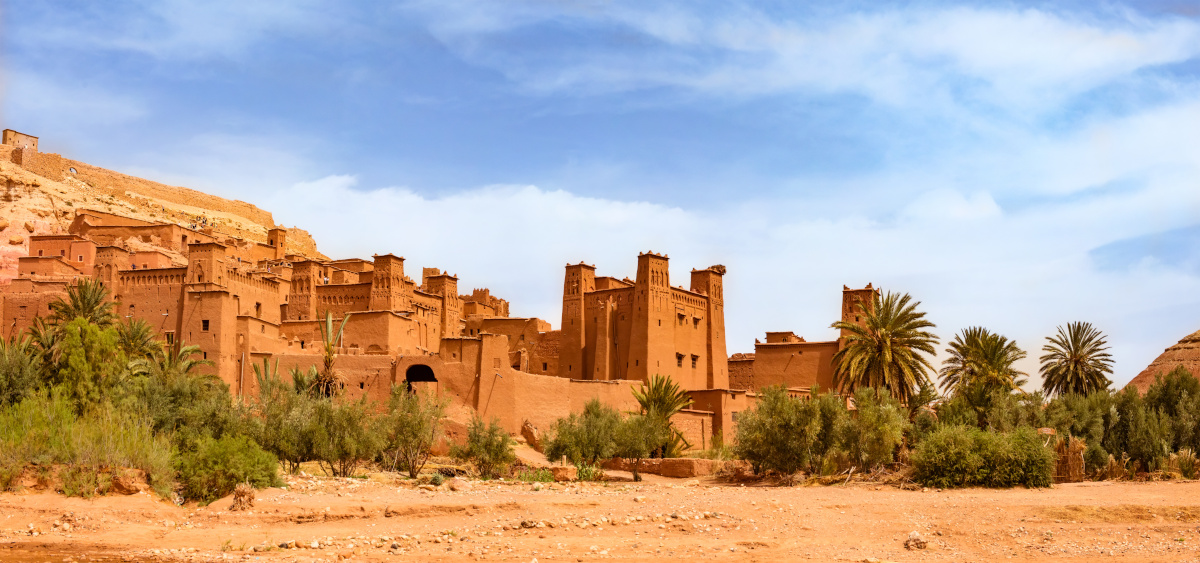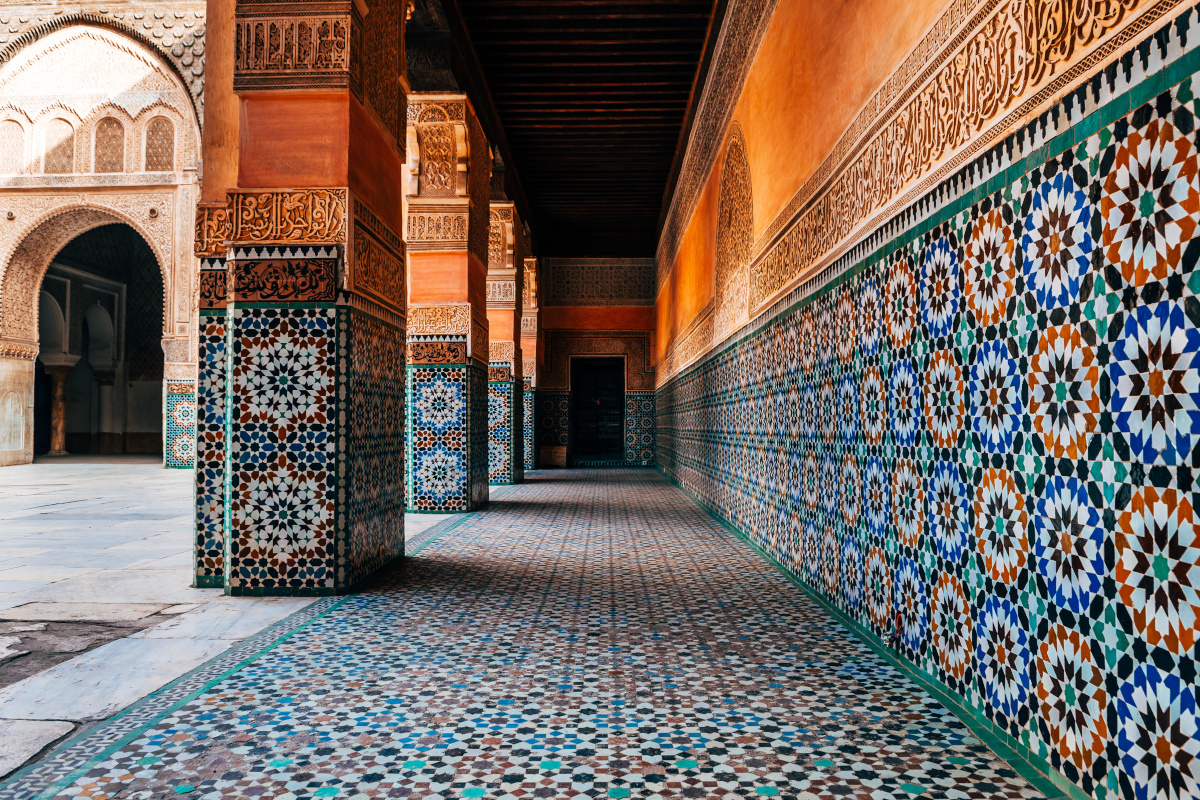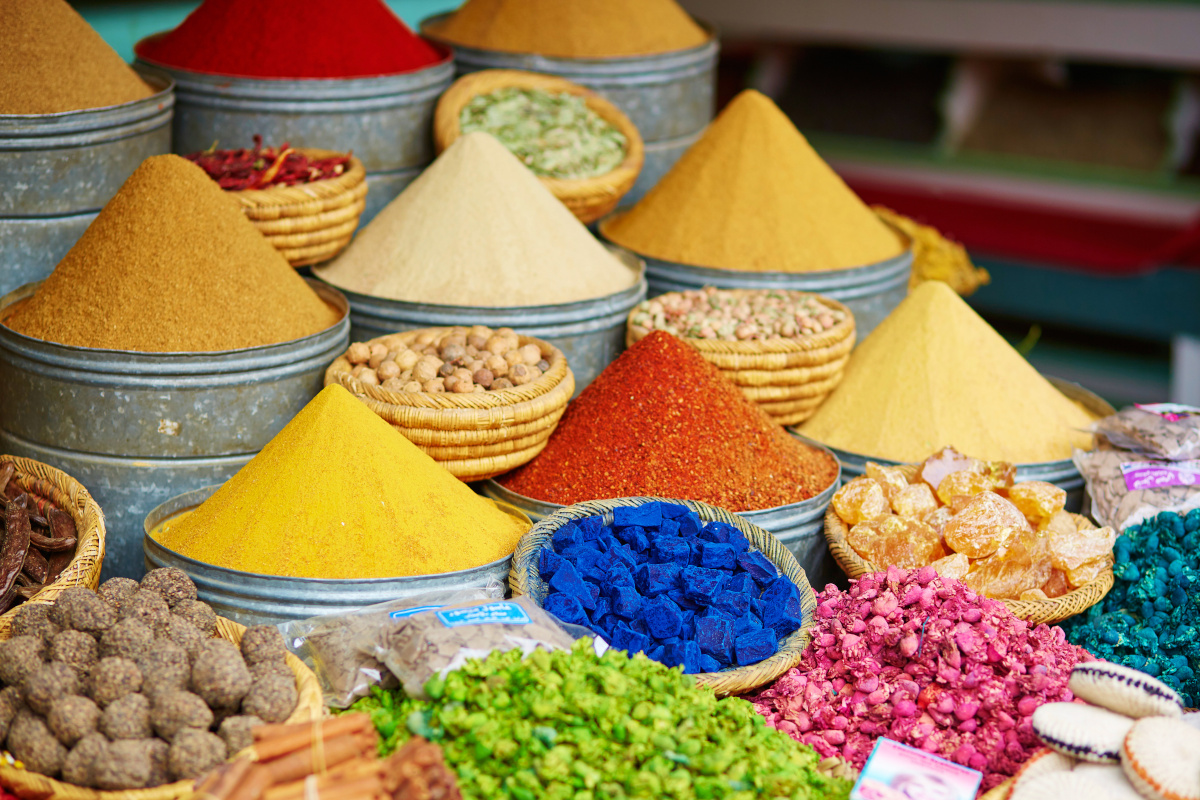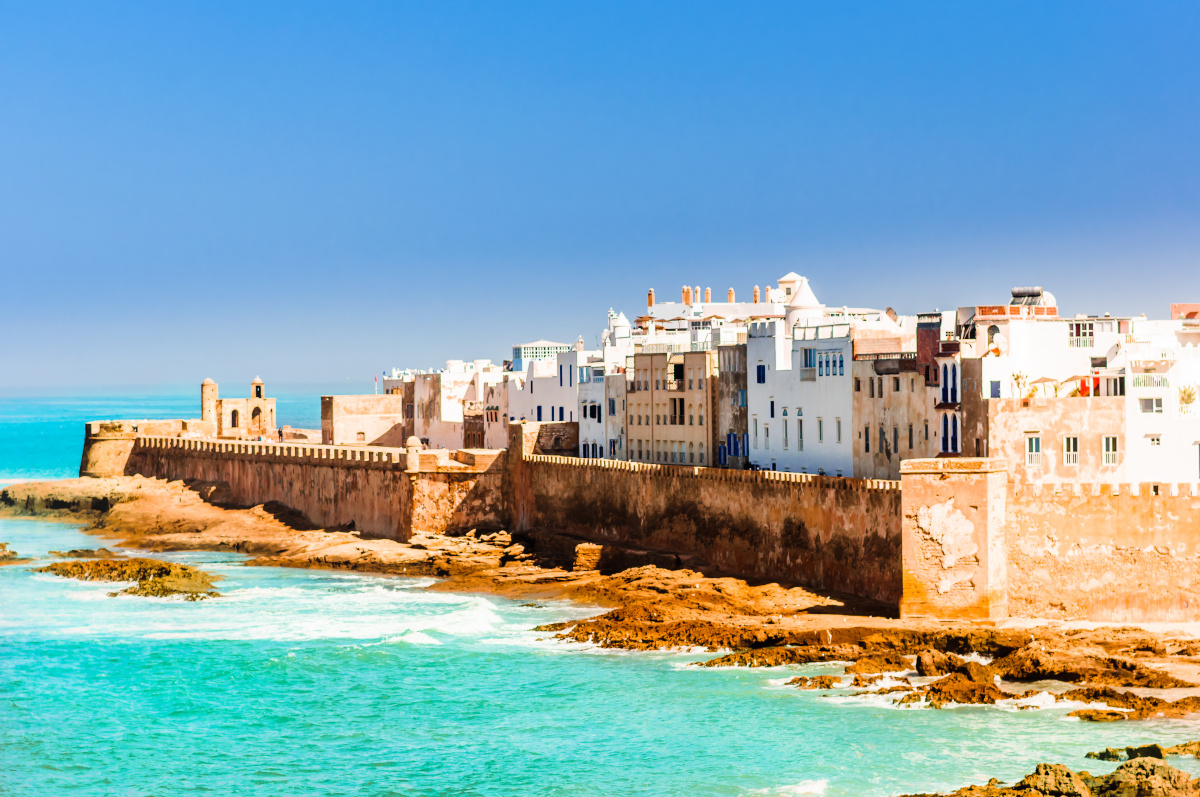
Traveling to Morocco: What to Know Before You Go
Essential Information for Travelers to Morocco
Of course, before you visit Morocco, you'll want to take out travel insurance in case anything goes wrong on your trip. Medical facilities can be limited in places like the Sahara desert or in the mountains, so it's important to be covered in case you encounter emergency medical expenses or you require evacuation to more advanced healthcare facilities. Read on to find out more about travel insurance in Morocco and other top tips for planning your trip.

Health & Safety in Morocco
Medical Care and Hospitals
Private clinics and hospitals in Morocco’s major cities like Casablanca, Rabat, and Marrakech offer visitors a decent quality of care, and are frequently used by foreigners. Public clinics — especially those in rural areas — will have more limited facilities and longer wait times. In addition, French and Arabic are the most commonly spoken languages in medical settings, so you will be more likely to find English-speaking staff in a private facility. While costs in private facilities will be lower compared to the U.S. medical system, you will still be charged up front for emergency medical expenses. That’s why it’s essential to purchase travel medical insurance to avoid unexpected out-of-pocket costs for medical treatment. Your medical coverage from your home country will not cover you in Morocco.
In addition, if you have a medical emergency while you’re doing adventure activities in Morocco’s more remote or underdeveloped regions, you may require emergency evacuation. This will help you access the urgent care you need in a more advanced private facility. However, these evacuations are not free and can be extremely expensive. This is why emergency evacuation coverage is also essential for your Morocco trip.
Health Risks and Vaccinations
While no vaccinations are required to enter Morocco, the CDC recommends that, in addition to being up to date on all routine vaccinations, U.S. travelers are also vaccinated for Hepatitis A, Hepatitis B, typhoid, and measles, which is on the rise worldwide. Travelers should also be very careful around stray dogs and wild animals, which commonly carry rabies in Morocco. If you are bitten by a dog or animal during your trip, the CDC notes that rabies vaccines are typically available throughout the country.
Food and waterborne illnesses are also prevalent in Morocco, and travelers can experience gastrointestinal illness from consuming contaminated food and water. Stick to bottled water, especially in rural areas, and try to eat food that’s properly cooked from trusted vendors. It’s also wise to carry a basic medical kit with common over-the-counter medication, as well as spare prescription medication or copies of your prescriptions. This is especially true if you will be visiting or hiking in remote areas.
Insurance Benefits and Coverage for a Trip to Morocco
What does Morocco travel insurance cover?
When considering travel insurance coverage for Morocco, you will want to make sure your travel insurance policy covers all the areas below so that you’ll be prepared, no matter what happens during your trip.
Trip cancellation and trip interruption insurance:
Travel medical insurance:
Emergency medical evacuation insurance:
Lost luggage and personal belongings insurance:
Trip delay insurance:
Optional add-ons:
Choosing the Right Plan
Ripcord has a variety of plans suited for different trips to Morocco. For travelers seeking adventurous activities like climbing the Atlas Mountains or trekking through the Sahara desert, Ripcord is an extensive plan with high coverage limits and enhanced coverage, such as emergency evacuation and repatriation, perfect for trips to remote or rural destinations. Cavalry is suited for urban or business travelers who are seeking luxury and cultural experiences while staying in Marrakesh or in one of Morocco’s upscale beach resorts on the Mediterranean or Atlantic coasts. Meanwhile, Harbor offers robust coverage to the budget-minded leisure traveler who may be backpacking through North Africa. You can compare all of Redpoint’s comprehensive plans and figure out which one might be right for your trip here.
Entry Requirements & Practical Information
Entry and Visa Requirements
All visitors to Morocco must have a valid passport with six months’ validity beyond the arrival date, as well as one blank page for an entry stamp. A visa is not necessary for business or tourism-related stays of less than 90 days. The U.S. State Department warns that if you overstay in Morocco beyond the permitted 90 days, you may need to appear before a judge and pay a fine before being allowed to leave.
What To Do in an Emergency
If you have an emergency in Morocco and require assistance, emergency services can be contacted by dialing 19 for police or 150 for ambulance. In addition, Redpoint offers 24/7 support on its helpline to travelers who have an emergency or need assistance. If you are having trouble locating help locally, Redpoint’s associates can help connect you to the help you need on the ground.
The U.S. Embassy is located in Rabat, and there is also a consular office in Casablanca. If you need help with passport issues, legal trouble, and other emergency assistance, you should head to the Consulate in Casablanca, as the Embassy does not provide services for members of the public.
8, Bd Moulay Youssef
Casablanca
Phone: (212) 522-64-20-00
Popular Activities and Adventure Travel in Morocco
Morocco’s desert-meets-coastline landscape is unique and offers no shortage of options for adventure travelers. After you’re done exploring ancient medina, head out for camel-riding in the Sahara desert’s Erg Chebbi area, surf the Atlantic coastline, tour remote Berber villages by bicycle, or trek through the Atlas Mountains up to Mount Toubkal, which is North Africa’s highest peak. Just make sure you have adequate coverage from an adventure travel insurance policy before you go.
FAQs for Morocco Travel Insurance

Is travel insurance required for Morocco?
Will travel insurance cover mountain or desert emergencies?
What if I get sick from food or water in Morocco?
What if I lose my luggage en route to Marrakech?
How much does travel insurance cost?
Protect Your Trip With Redpoint Travel Insurance
Protecting yourself on your trip to Morocco requires comprehensive travel insurance, and Redpoint Travel Protection has a global reputation for providing high-quality policies to fit every traveler. It also offers 24/7 support — even if you’re trekking through the Atlas Mountains or crossing the Sahara desert — to give travelers peace of mind and help them enjoy their trips. Explore Redpoint’s policies here, which can support backcountry adventurers and city hoppers alike

